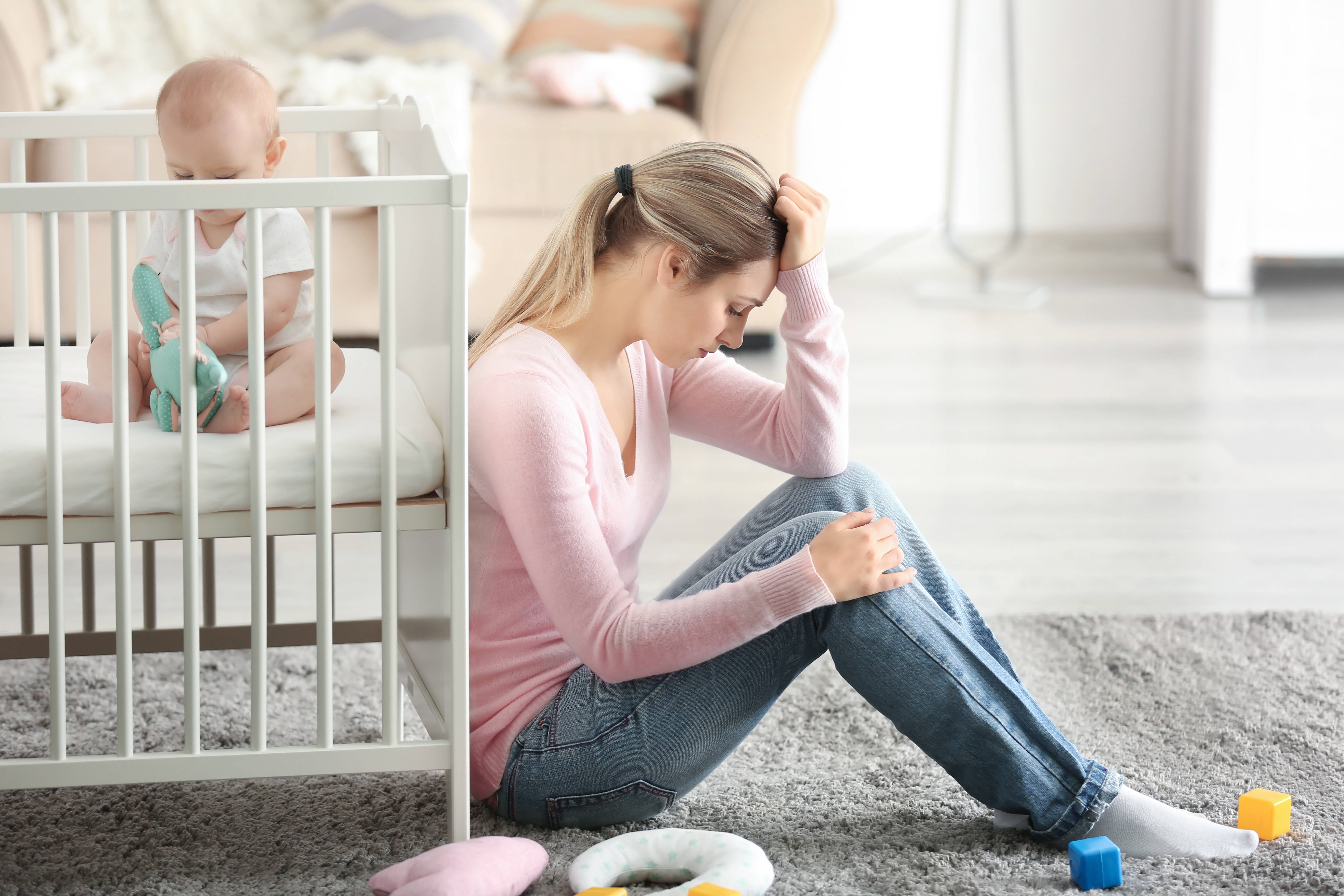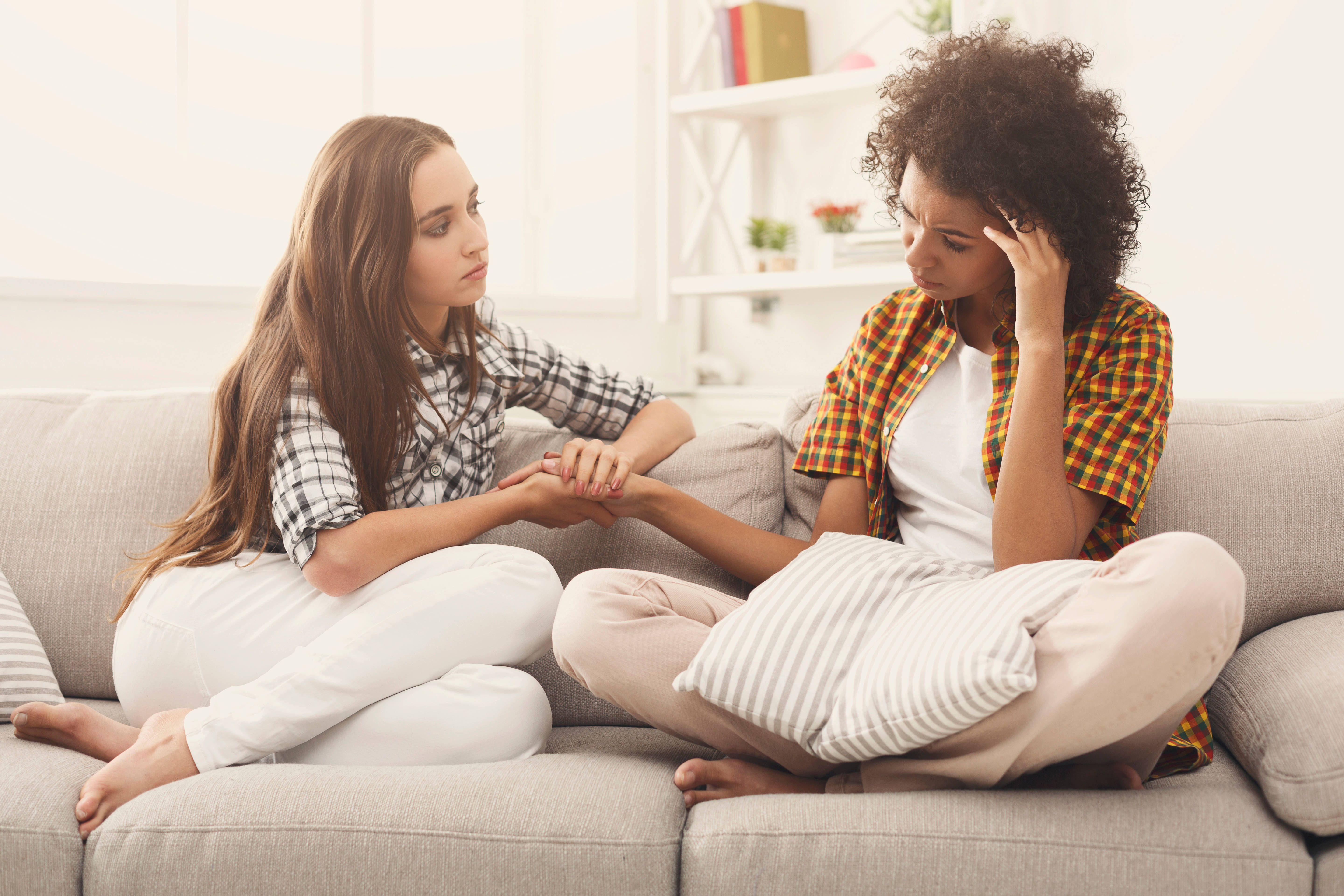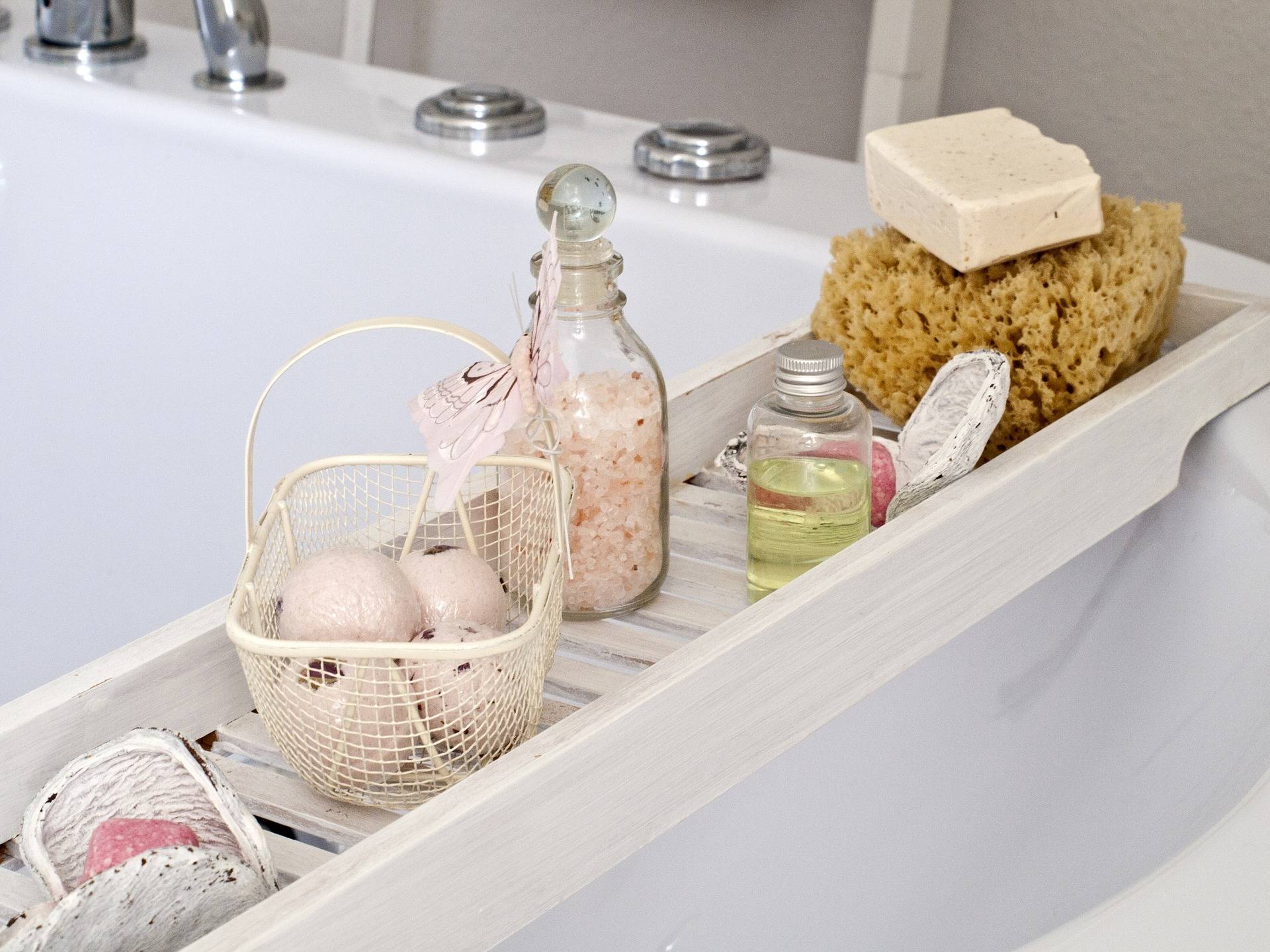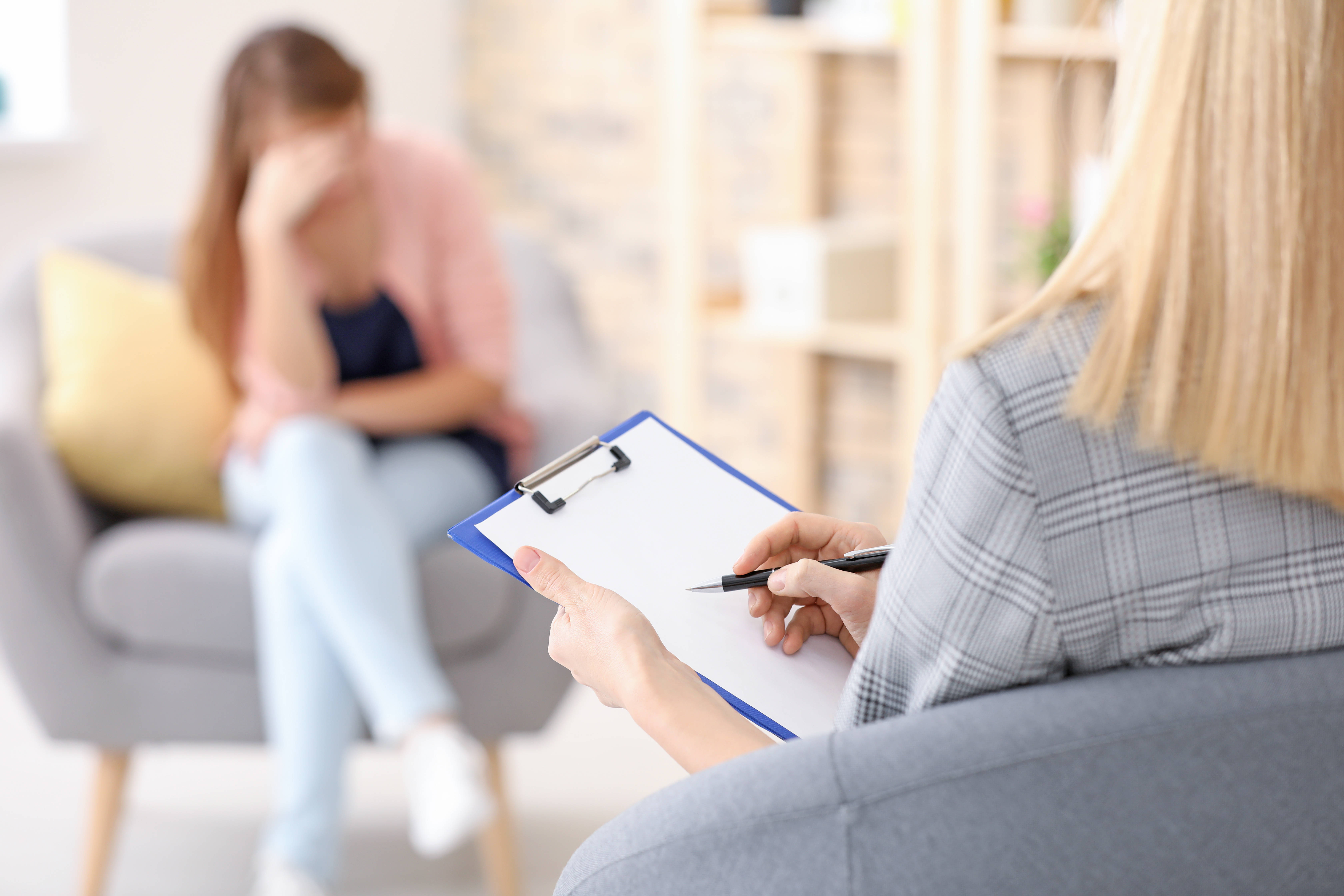
Parenting while you are grieving
Posted by AK Lander | On September 18, 2019 18:07
We spoke to bloggers who have been bereaved to ask for their advice on how to carry on parenting to the best of their abilities while they are grieving.
Through good times and bad, parents must learn to balance their own needs and emotional well-being as well as their child’s. This can be particularly difficult when the parent is going through a bereavement because it feels natural to put your own health last, however, you also need to take care of your own emotional health too.
For this article, we spoke to bloggers who have been bereaved to ask for their advice on how to carry on parenting to the best of their abilities while they are grieving.
Accept support from friends and family

It can be easy to push people away during times of grief, however, having a support network to rely on can make all the difference. Laura from Five Little Doves told us that her second son was stillborn at full term in 2006 and while her family’s “entire world was turned upside down” she had to ‘carry on’ parenting a two-year-old.
She explained: “Having to continue parenting an existing child whilst grieving for the child we had lost was incredibly difficult. My advice would be to accept support from family members and friends, something I wish I had done more of over the years. At the time of our loss I was completely incapable of functioning and yet I felt guilty ‘palming’ my son off on family and friends because I believed I was letting him down by not carrying on as normal.
“The truth is, our lives were no longer normal, and never would be, and I wish I had allowed my family to step in and give me that time to grieve instead of plastering on my ‘happy mummy face’ as I used to call it. There is no shame in grief, no right or wrong, and certainly no time limit. Thirteen years on and I still struggle with parenting after loss, it's a permanent state of conflict between being grateful and happy for the children you have and eternally missing the one you have lost.”
Don’t hide your emotions
It may seem that keeping your emotions hidden from your children is easier, but teaching little ones that it is ok to express your emotions is important, as Clare from Emmy’s Mummy and Harry’s Too explains: “A little over four years ago we lost my mother-in-law to cancer and last year my lovely nan passed away. We nursed Anne, my mother-in-law, at home for her final days, surrounded by her family and the hospice nurses so she could pass quietly at home. My nan passed in the hospital with us all heading over every day to be with her.
“Parenting while grieving is hard but my top tip is to not hide your emotions away from the children. They need to see you express yourself so that they are free to as well. If you don't cry around them you teach them that emotions and feeling should be hidden and that doesn't help with the grieving process.”
Lisa from Mumma’s Scribbles also agrees with this sentiment: “Don't feel like you need to hold it all in. Grief can be a funny thing - especially when we have busy lives. It will be lurking there in the background while you are trying to hold it all together, and then bam - it will hit you when you are least expecting it. And when it does, just cry. Don't worry about your children seeing you upset. It is so important to let it out and don't bottle it up. Your kids are allowed to see you cry sometimes. And I can tell you now - the best givers of hugs when you really need them is from your kids. They just give the right kind of squeeze.”
Lisa’s dad died in July 2012 after being diagnosed with an incurable brain tumour just three months before. Lisa was seven months pregnant with her first child when her father passed away: “After the initial excitement of discovering that I was pregnant in the January, much of my pregnancy was spent dealing with the fast decline of his health, his passing, and his funeral, before giving birth in the September.”
As well as being open with emotions, Lisa also suggests talking about those you have lost with your children: “Whether your children met them or not, keep that person alive in their minds. My boys refer to my dad as ‘Grandad in the woods’ because he is buried in a big woodland burial park. And when we go to visit, they always chat to him and give him a kiss and a cuddle. And yet they never met him. But he is still there in their minds because of the seeds of information that I have planted.”
Don’t be afraid to talk about your loss

When you feel comfortable and ready, talking to a friend or family member about your loss can be a way to help process your emotions. Blogger Rachel Bustin told us that her dad was diagnosed with cancer while she was pregnant with her eldest daughter, Livvie. Tragically, Rachel’s father died a few days before Rachel gave birth to her second daughter.
“The day he left us was a Saturday afternoon. I had been visiting him every day and spent time sitting with him and chatting to him. They say the hearing is the last thing to go, so I have some comfort knowing that he heard me waffling on about my children. I said goodbye to him that Saturday lunchtime.
“Deep down I knew it would be the last time I saw him. My exact words were ‘Goodbye Dad, I’m going home to Livvie now’, and I kissed his forehead. He made a sound so I know he heard me.
He passed away while I was driving home. I got the phone call from my sister saying he had gone just as I was going up the stairs to get changed. I sat on the bed with my husband holding my hand and cried my eyes out. I was devastated. I knew I had to hold myself together being nearly 39 weeks pregnant so I didn’t go into labour. Three days later I had my second daughter.”
Rachel told us that talking about her feelings helped during her grief journey: “My advice for dealing with bereavement while having to keep going because you are a parent is to lean on your partner. Talk it out with them. Don't keep it in and have a good cry when the kids are in bed. For me, I had a moment in the middle of the night about two weeks after when my husband found me crying on the bathroom floor. After that, I felt much better and knew I could get on with everything.”
Try to keep a normal routine
Many parents find routines important for their little ones, it can help children understand time and time management, as well as establishing important habits like mealtimes, brushing teeth and getting dressed. Routines can help keep a sense of grounding in a household, especially during times of upheaval and grief.
Gemma from Mummy’s Waisted told us that her father died in February 2019 at the age of 66 after being diagnosed with cancer. Gemma’s children were two and five years old when he passed, and she found it easier to try and keep a normal routine for the children, “especially if they are too young to fully understand what’s going on”. She explained: “My advice is to concentrate on the keeping a normal routine and be mindful of the plans you make, even for the same day, as you never know when you just need to stop and breathe.
“It's also fine to grieve in your own way; if you're not weeping and wailing it doesn't mean that you're cold-hearted. It's one of those times where you don't know how you're going to react until it happens.”
Take time for yourself

When you are trying to come to terms with a loss it can be useful to take some time for yourself as Kelly from Small House Big Trips explains: “Take time for yourself, a nice candlelit hot bath when the children are asleep. Allow yourself to cry. Talk to people, do not shut it all away inside. But above all else, do not be afraid to let people know that you are finding it hard. You will be surprised at how many people want to help.”
Kelly said her children gave her strength she didn’t know existed when her brother took his own life in March 2019: “It was nearly his 40th birthday and he had decided he didn't want to get there. I knew he had gone before I was told, almost as if I had a sixth sense. But nothing prepared me for the moment my feelings and concerns came true. Losing him broke my heart.
“The day I discovered he had gone, I felt like my own life had ended. But with two little girls, I had to go on. School runs, trips out, even blogger reviews that I had booked in. I pushed myself to carry on. My little girl had a birthday party booked in for a couple of weeks after he died and I was adamant that life had to carry on as normal. That party was hard. I was smiling on the outside but breaking down on the inside.
“When no one was looking I would break down behind closed doors. Sometimes it would happen in front of people. And there are lots of times where I find myself fighting back the tears in day-to-day life.
“I think death and grief are hard for everyone but seeing the love and life that exists in my two little girls, who are three and six years old has kept me going. They also point out feathers on a daily basis and shout ‘Uncle Chris is here!’ which keeps his memory alive and makes me smile. We will be walking to school or on our way to the supermarket and they spot a feather.”
Be kind to yourself
There is no right or wrong way to grieve and everyone’s bereavement is different. Sara from Rebel with Kindness told us: “Grief is unique to us all. Never judge or compare yourself to others and always be kind to yourself. There is no right way to feel, it's your journey.”
Sara’s daughter, Livvy (Olivia Georgia Meredith) died in November 2008 after she was born with a complex disability: “Despite her disability, her death was a complete shock to us. I woke on that day never to feel complete again. I found the journey of grief to be so misunderstood, so many people spoke about the stages but they spoke as if you move through them as if there was a light at the end of a tunnel. Yet there isn’t, yes there are stages in grief but one day you can be angry, the next depressed - it's a never-ending circle. Time is not a healer; every day is one more without her.”
Consider professional grief counselling

While talking to friends and family about your emotions can be a positive step in your bereavement journey, it can also be beneficial to speak to a professional counsellor for an objective point of view.
Emma Reed was 21 years old when she lost her mum to cancer in 2003: “Over the years, I've had mixed emotions and a lot of ups and downs. Life goes on and when you do well at your job, meet the person you are going to marry, buy your own house and so on, you feel happy and proud but at the same time, there is that gaping hole in your life which will never go away. She should have been there to watch me achieve all that I had, to walk me down the aisle, to see me grow up into a woman and have children of my own, but cancer took all of this away from me. Each day can be filled with grief, sadness, anger and exhaustion because missing somebody is the most tiring feeling in the world.”
Emma said she has always been very open about her mum’s death and how the loss impacted her: “I am very lucky to have my sister in my life as we can both relate to one another’s feelings, so I think talking is key in any loss situation. I was never offered counselling by the NHS and I wasn't in the position to pay to go privately when I was in my 20s, and yet looking back, I wish I had taken a cut of my wages and saved them to get this help because years later, just before I fell pregnant with my second child, I felt very low and very depressed.
“My grief had taken me back to losing her all over again and I knew it was time to get expert help, and it was the best thing I ever did. The counsellor listened, she was impartial to the situation, she could take all I said on board, without becoming emotionally involved and she could provide me with advice. There, of course, was no magic answer but just to be told that what I was feeling was completely normal made me feel as though my feelings were valid. Hearing this from a trained professional lifted a huge weight and talking each week made me feel more in control of my life again.”
Emma said that while nothing can make that pain fully disappear, talking and seeking help and advice were vital avenues of advice and comfort: “All of this will help you to carry on as a person and as a parent. The last thing you want to do is to project those feelings onto your children.
I also find that by talking to them about her I am keeping her memory alive and when Jake, my son, says she is up in the stars with Great Old Nanny and smiles, that innocence somehow makes me feel warm inside.”
We appreciate how hard it is to lose someone close to you, and with so many headstones to choose from, we understand the process may seem overwhelming. Our friendly and professional team are on hand to help you make the right choice when the time comes to buy a memorial headstone, please get in touch by calling 0800 377 7057.
